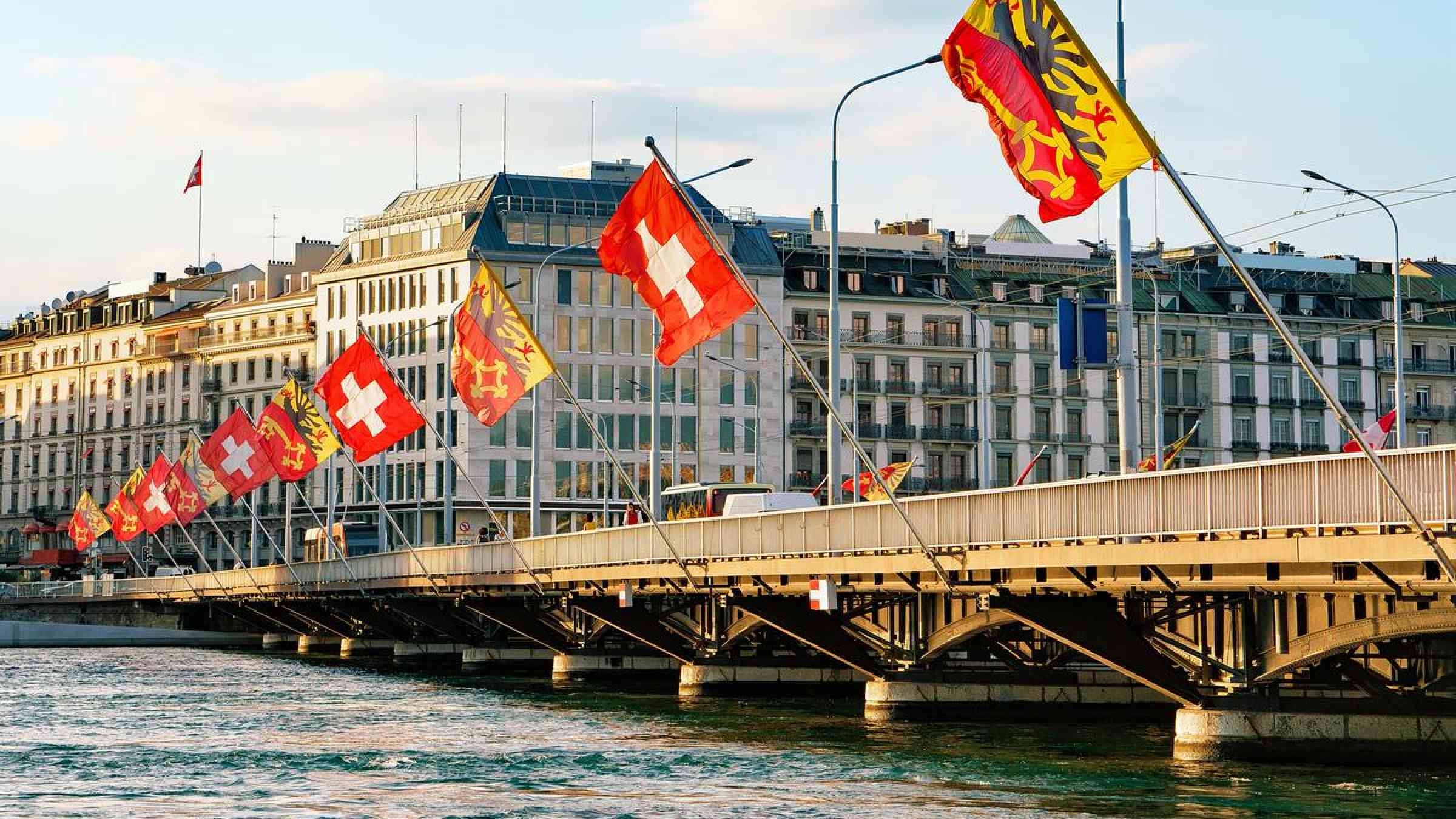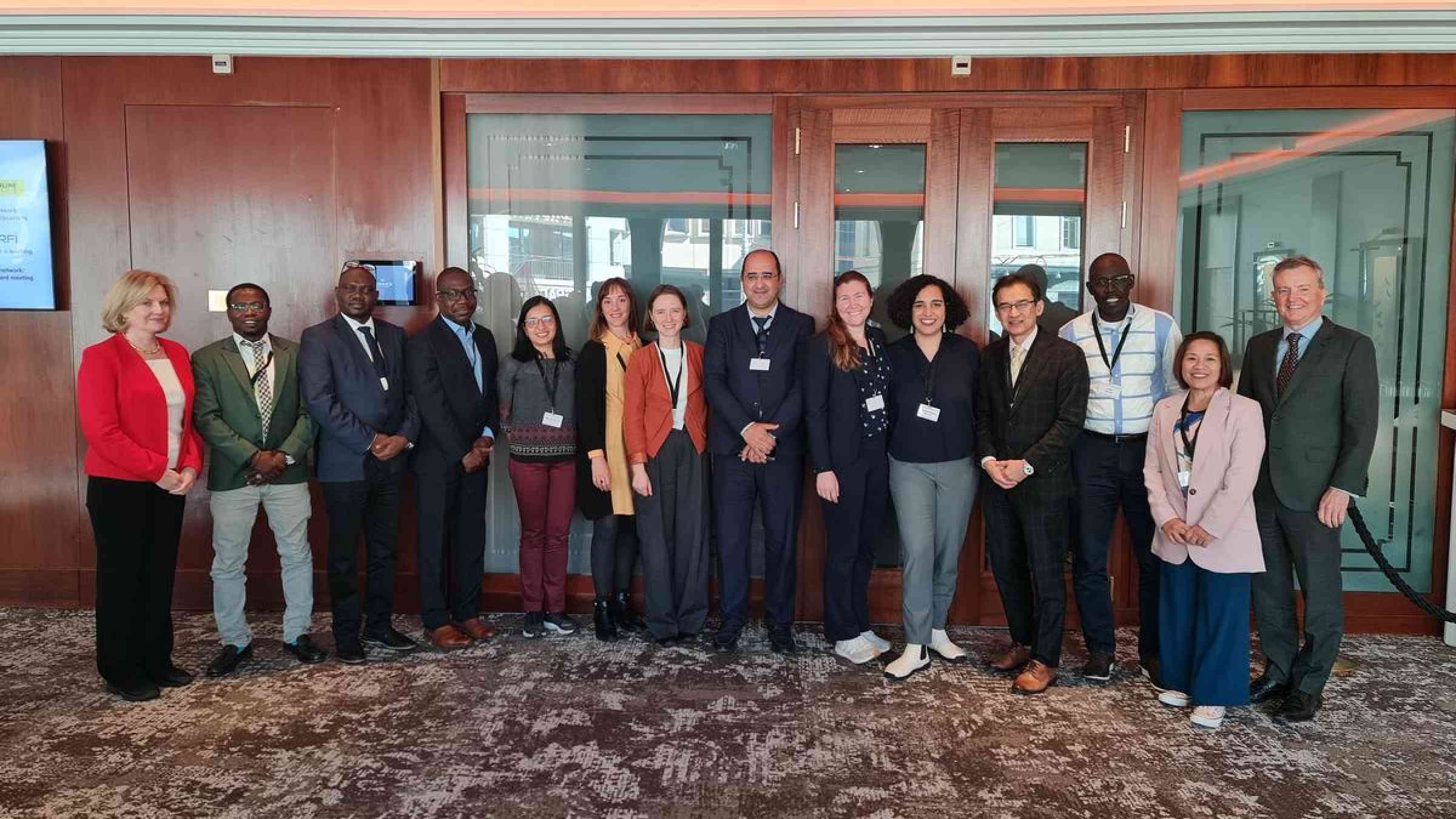Reduction of global loss and damage is a step closer with selection of Geneva as the Santiago network host city

Geneva, Switzerland, has been selected as the host of the headquarters of the secretariat of the Santiago network for averting, minimizing and addressing loss and damage. The decision was made by the Advisory Board of the Santiago network, which held its first meeting from 18 to 20 March, in Geneva.
The formation of the Advisory Board and its selection of a host city for the secretariat represent significant steps in operationalizing the Santiago network, which is a key Paris Agreement mechanism for funnelling technical support to developing countries to help them prevent, reduce and address the impacts of the climate crisis.
“The Santiago network has the potential to play a bridging role in converting the knowledge of the Executive Committee of the Warsaw International Mechanism into concrete technical support that would be critical to accessing the Loss and Damage Fund,” said Mr. Alpha Kaloga of Guinea, one of the two co-chairs of the Advisory Board.
“This decision is a significant step towards early operationalization of the Santiago Network which provides technical assistance for addressing loss and damage in developing countries that are particularly vulnerable to the impacts of climate change by engaging various organizations and experts in diverse fields at the international, national, and local scales,” said Mr. Akio Takemoto of Japan, co-chair of the Advisory Board.
The Government of Switzerland, which had earlier announced a pledge of financial support to the secretariat, also welcomed the decision.
“It is an honour to welcome and host the Santiago Network Secretariat in Geneva. Thanks to the diversity of organizations present, working in relevant areas such as humanitarian aid, disaster risk reduction, migration and environment, Geneva will offer great added value to the network. At the same time, the Santiago Network will contribute to strengthen this ecosystem of organizations we call ‘international Geneva’,” said Mr. Felix Wertli, Switzerland's Ambassador for the Environment.
The goal of the Santiago network is to address the critical capacity gaps in developing countries to avert, minimize and address loss and damage. The first meeting of the Advisory Board of the Santiago network was organized by the United Nations Office for Disaster Risk Reduction (UNDRR) and the United Nations Office for Project Services (UNOPS), who were selected at COP28 last year to jointly serve as the host consortium of the Santiago network secretariat.
“The first meeting of the Advisory Board of the Santiago Network represents a milestone for the international community’s commitment to addressing loss and damage as part of its climate action framework. Small Islands Developing States have been advocating for the recognition of loss and damage as an integral part of our fight for survival for over 30 years. We stand ready to engage with the Santiago Network, and to strengthen the broader loss and damage landscape under the climate change convention, to promote holistic climate action that meets the needs of vulnerable communities at the frontline of climate change,” said Ms. Camila Minerva Rodríguez, a member of the Advisory Board from the Dominican Republic.
The work of the Santiago network will complement the work of the Loss and Damage Fund, linking the technical assistance of the network with the programmatic approaches of the fund. This technical support is urgently needed to build their capacity to reduce disaster risks and adapt to a changing climate, thus strengthening sustainable development and reducing humanitarian needs.

Current members of the Advisory Board
Africa: Mr. Alpha Kaloga (Guinea)
Africa: Mr. Rachid Tahiri (Morocco)
Asia-Pacific: Mr. Akio Takemoto (Japan)
Asia-Pacific: Mr. Syed Asif Hyder Shah (Pakistan)
GRULAC: Mr. Kenel Delusca (Haiti)
GRULAC: Ms. Belen Reyes (Uruguay)
WEOG: Ms Sierra Woodruff (USA)
WEOG: Ms. Leona Hollasch (Germany)
SIDS: Ms. Camila Minerva (Dominican Republic)
LDC: Mr. Idy Niang (Senegal)
WIM Executive Committee: Ms. Angela Patricia Rivera Galvis (Colombia)
WIM Executive Committee: Ms. Stella Brożek-Everaert (European Union)
Representatives of:
1. Women & Gender Constituency: Ms. Tetet Lauron
2. Indigenous peoples organizations: Mr. Gideon Sanago
3. Children & Youth: Mr. Samuel Okorie
Note: nominations were not received from the Eastern Europe group at the time of the convening of the meeting.